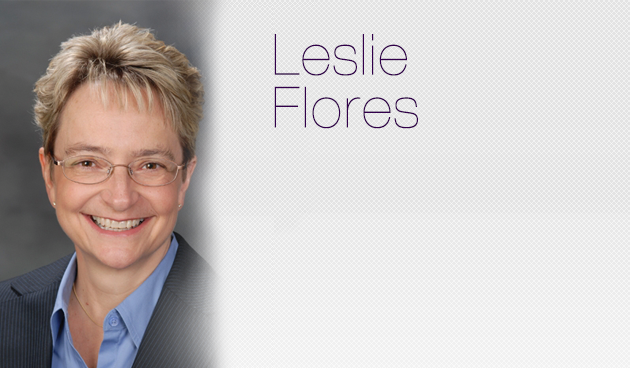No, I’m not talking about a job that will make you richer – at least financially. But as I think about strategies for making “hospitalist” a sustainable job that one can do for a career, pursuing job enrichment seems high on the list.
The concept of job enrichment was first articulated by psychologist Frederick Herzberg. In his 1968 Harvard Business Review article “One More Time: How Do You Motivate Employees?” Herzberg suggested that what really motivates employees isn’t an attractive schedule or working conditions, or even high compensation, but instead things like achievement, recognition, interesting work, responsibility, advancement, and personal growth. Job enrichment involves redesigning jobs to provide more of these motivating factors, reducing the amount of repetitive and low-value work, and thus making the work more challenging and rewarding.
Hospitalist work is plenty challenging already. But too many hospitalists don’t rave about their feelings of achievement and recognition, or the advancement or personal growth they have realized in their roles. Instead they express frustration at high workloads, repetitive and low-skill-level work, lack of autonomy, and conflict with or underappreciation by hospital execs, patients, and other docs.
In previous blog posts I offered some thoughts about how hospitalist work might be redesigned to provide increased flexibility and autonomy, and how the incorporation of nurses (and possibly other types of clinical support staff) might help hospitalists spend more of their time doing the work they became doctors to do. We need to keep up the efforts to make hospitalists’ clinical work more rewarding, as well as more efficient. But work redesign will only go so far in our quest for job enrichment.
Unfortunately, there are plenty of hospital execs out there who are focused on job enlargement, as opposed to job enrichment. They want hospitalists to do more (and rightly so) but haven’t given adequate thought to how to structure an enlarged job to be sustainable and rewarding. Just piling more work onto the existing work isn’t the answer.
For some time I have championed the idea that hospital leaders and hospitalist group leaders should seek to provide opportunities for hospitalists to expand their jobs beyond direct patient care. Growing into leadership roles within the hospitalist group or even organizational roles such as CMO is increasingly common, though it would be a shame for people to think this is the only path to job enrichment for hospitalists. Hospitalists are becoming UR physician advisors, quality improvement specialists, and IT gurus. Some are moving into non-hospitalist clinical work such as wound care or industrial medicine for a portion of their time, or focusing their hospitalist work in areas such as post-acute care, oncology, or stroke care. All of these things can provide meaningful job enrichment through increased variety or specialized accomplishment.
Many organizations are attempting to achieve a form of job enrichment by incorporating citizenship bonuses or other types of financial incentives into hospitalists’ compensation plans. I’ve been supportive of this for a long time, too. But recently I’ve been thinking about the issue of extrinsic motivation (i.e., external carrots and sticks) vs. intrinsic motivation (behavior driven by internal rewards). According to Dan Pink, humans are far more motivated by internal desires such as those for mastery, autonomy, and a sense of purpose than by financial or other external incentives. Pink and others have argued that providing extrinsic motivators such as performance bonuses may actually serve to decrease internal motivation. My colleague John Nelson wrote about this in The Hospitalist earlier this year.
So I wonder if perhaps the best way for hospitalists to achieve job enrichment might be for them to choose to invest their own personal time and energy in contributing something of value to their organization or their profession. John Nelson says that while he has loved being a doctor and caring for hospitalized patients over his career, many of the things he is proudest of are things he decided to do because he saw a need, even though they weren’t part of his job. Like connecting with Win Whitcomb to start SHM. Like starting a palliative care program at his hospital. Forming a care plan committee to help address frequent-flyer patients. Being chief of staff. In my own life, things like being on non-profit boards and the volunteer work I do for SHM have similarly offered immense professional satisfaction I wouldn’t have gotten just sticking to my job description.
John and I talk about these things a lot, and have become convinced that those who are most likely to be satisfied with their career over time are those who, of their own volition, go a step beyond the routine to meet a need or accomplish something out of the ordinary. So let me ask you: when you look back on your career as a hospitalist 10, 20, or 30 years from now, do you want to look back on years of just walking into the hospital each day and picking up a list of patients to see? Or would you rather look back on a rewarding clinical career that was punctuated by additional activities that you chose to invest in because you were passionate about making a difference?



Leave A Comment